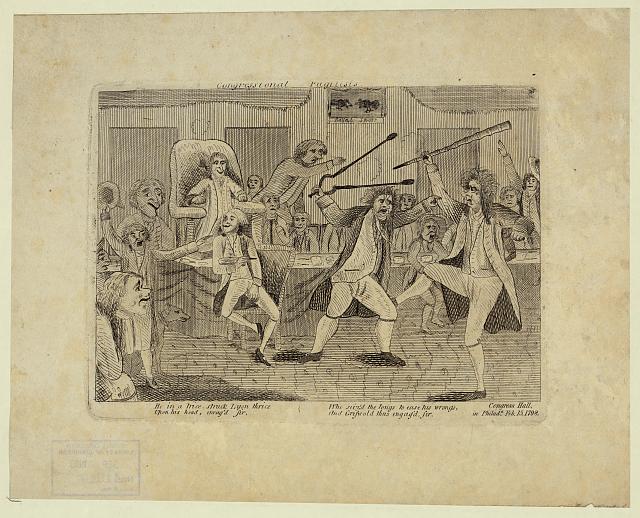
“My own contempt for the wild & mischievous system of Democracy will not suffer me to believe without positive proof that it can be adopted by any man of sound understanding and historical experience.”
—Edward Gibbon, Letter to John Gillies (24 June 1793)
Early in the chapter “Forms of Government” in his book on the Enlightenment, Ritchie Robertson reminds us: “When thinking about forms of government, or anything else, one has to start from where one is. Enlighteners, looking round eighteenth-century Europe, saw that the prevailing form was monarchy.” [p. 656] It should thus be unsurprising to learn that Enlighteners spent a good bit of time assessing monarchy as a form of government, along with so-called enlightened absolutism. Republics were only slightly on the screen, and democracy even less so.
Continue reading



